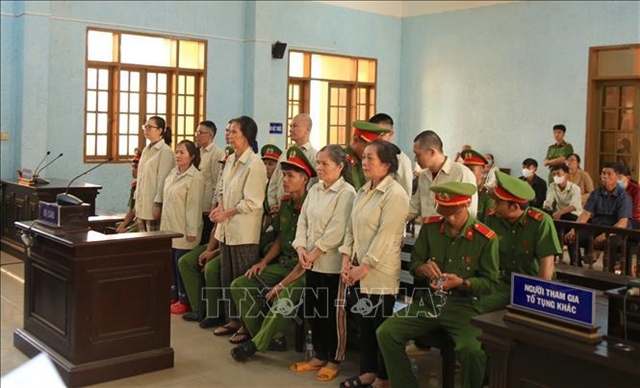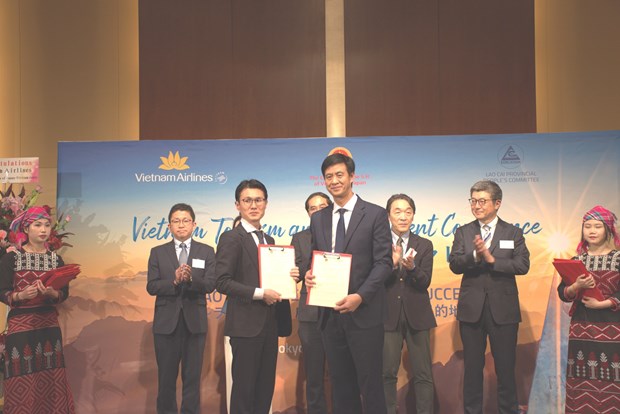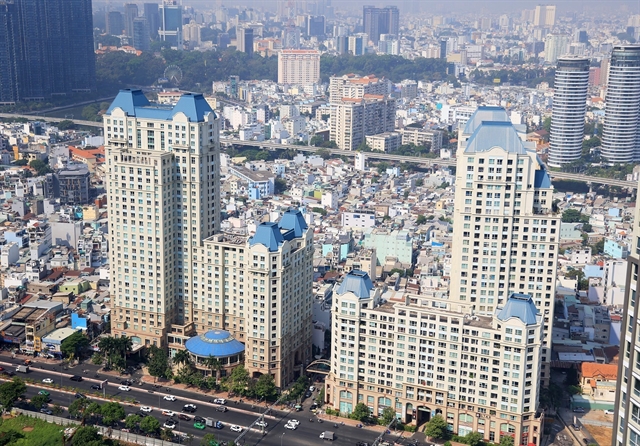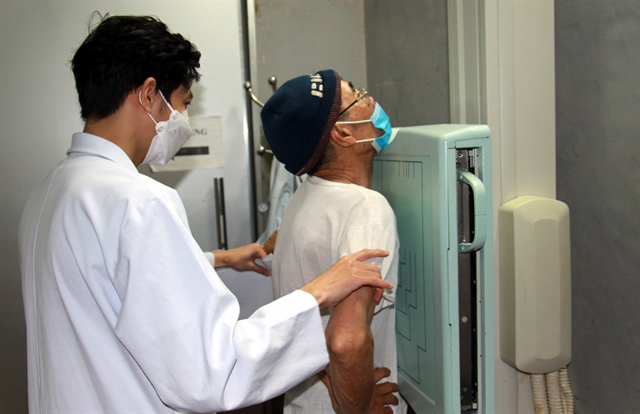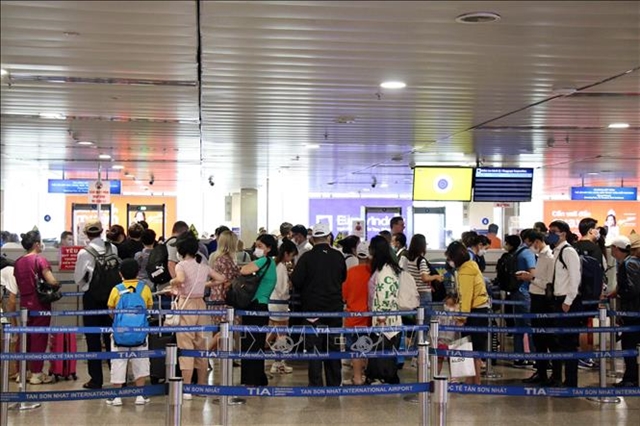

The Philippines, Malaysia and Indonesia have agreed to consider coordinated steps including possible joint patrols to tackle a wave of seaborne crime, after a Filipino Muslim gang kidnapped numerous foreigners and murdered some of them.
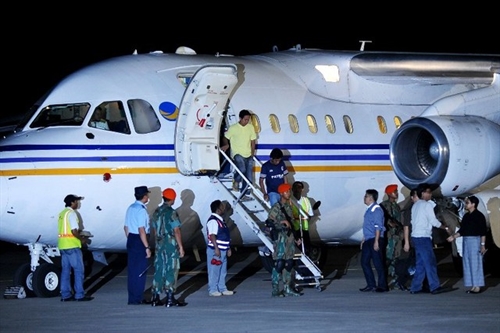 |
| Indonesian sailors, who were taken hostage by the Abu Sayyaf in the Philippines, get off a plane upon their arrival at Halim Perdanakusuma Airbase in Jakarta, on May 1, 2016. -- Photo AFP/VNA |
MANILA — The Philippines, Malaysia and Indonesia have agreed to consider coordinated steps including possible joint patrols to tackle a wave of seaborne crime, after a Filipino Muslim gang kidnapped numerous foreigners and murdered some of them.
Defence ministers from the three nations met in Manila on Monday to discuss security following the abduction of Malaysians and Indonesians by the Philippine-based Abu Sayyaf earlier this year.
The group kidnapped four Malaysian seamen and 14 Indonesian sailors, holding them in the strife-torn south. They were freed several months later but there was no information on whether a ransom was paid.
Two Canadians also held by the group were beheaded after a ransom deadline passed.
The ministers raised concern at recent seaborne kidnappings and armed robberies and "reaffirmed the need, commitment and collective responsibility of the countries to address such threats that undermine peace, security and prosperity of the region," a joint statement said.
They agreed to consider establishing joint military command posts and three-nation sea and air patrols, it added, without singling out the Abu Sayyaf.
The ministers also agreed to consider a transit corridor which would serve as a designated sea lane.
The three countries have already been conducting joint patrols and set up a hotline to deal with attacks by the Abu Sayyaf, who have previously launched raids into Malaysia and attacked Indonesian ships at sea.
Last year Malaysian Bernard Then was kidnapped from a seaside restaurant in Sabah, about 300 kilometres (180 miles) from the Abu Sayyaf’s Jolo stronghold. He was later killed by the group.
Earlier this year the Abu Sayyaf killed the two Canadians they seized from a Philippine yachting resort last September. They are still holding a Norwegian and a Filipina abducted from the same resort, a Japanese treasure hunter kidnapped in 2010 and a Dutch bird watcher abducted in 2012. Founded in the 1990s with the help of Al-Qaeda, the Abu Sayyaf has been blamed for some of the Philippines’ worst terror attacks including bombings and kidnappings for ransom.
Its leaders have pledged allegiance to the Islamic State group but analysts say they are more focused on kidnappings for ransom than setting up a caliphate. — AFP


